Posted on 12/21/2024
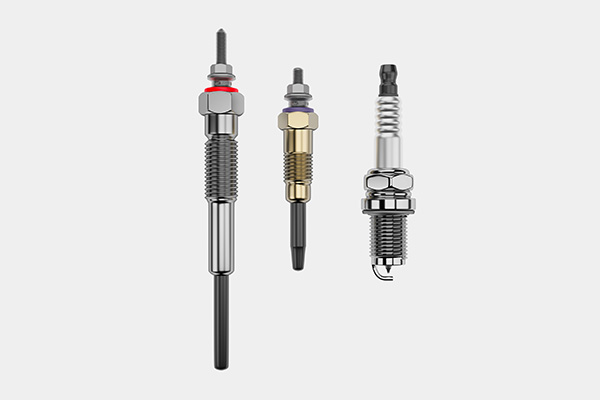
When it comes to your car’s engine, a lot happens under the hood to make sure it runs efficiently. Among the many components, spark plugs and glow plugs often come up in conversations about engine performance and maintenance. While these parts may sound similar, they serve distinct purposes depending on your vehicle's engine. So, what exactly sets them apart? Spark Plugs vs. Glow Plugs The main difference between spark plugs and glow plugs lies in the type of engine they are designed for. Spark plugs are used in gasoline engines, while glow plugs are found in diesel engines. Each has a unique role in igniting fuel to power the vehicle, but the way they operate is tailored to the specific needs of their respective engine types. Igniting Gasoline Engines Spark plugs are essential for gasoline engines because they create the spark needed to ignite the air-fuel mixture. This small yet powerful burst of energy is what drives the pistons and ke ... read more
Posted on 11/29/2024
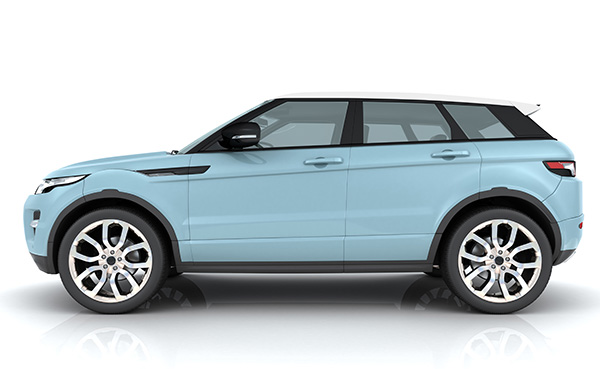
Choosing an SUV isn’t just about picking something that looks good—it’s about finding the perfect match for your lifestyle, budget, and driving habits. With so many models, features, and sizes to choose from, it’s easy to feel overwhelmed. How do you sort through all the options and zero in on the one that’s right for you? Understanding Your Driving Needs The first step in selecting an SUV is figuring out what you actually need. Are you looking for a family-friendly vehicle, something rugged for off-road adventures, or just extra space for everyday errands? Your typical driving habits will play a big role in narrowing down your choices. For city driving, a compact SUV might be ideal—it’s easier to park and maneuver through tight streets. But if you’re tackling snowy winters or planning weekend trips to the mountains, a mid-size or full-size SUV with all-wheel drive will provide the traction and power you need. Do you ... read more
Posted on 10/10/2024
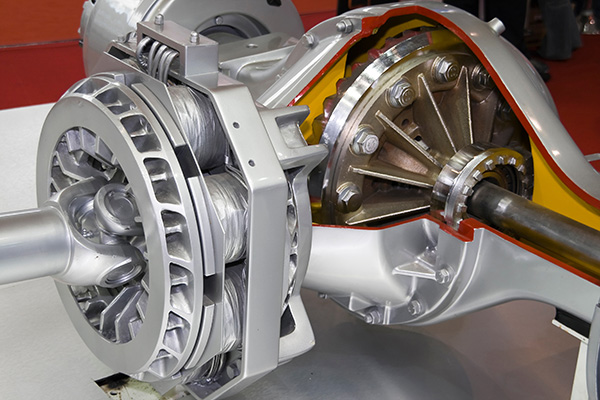
When it comes to vehicle maintenance, most people think about the engine, brakes, or transmission. But not many drivers think about the differential. It could be to blame if you’ve heard strange noises, noticed unusual handling, or experienced vibrations while driving. This critical system transfers power from the engine to the wheels, allowing them to rotate at different speeds, especially when turning. So, how do you know when it’s time for differential service? Unusual Noises from the Differential Area One of the first signs that your differential needs attention is hearing unusual noises, especially when turning or accelerating. If you notice a whining, howling, or grinding sound coming from the rear or front of the vehicle, it's a strong indication of differential trouble. These noises are typically caused by worn-out gears or bearings or a lack of lubrication within the differential. Whining noise when accelerating usually points to a problem w ... read more
Posted on 9/27/2024
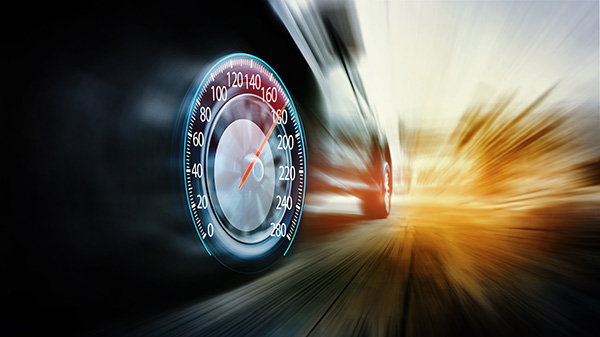
Ever wondered why your speedometer seems off after getting new tires? Tire changes can impact the accuracy of your speedometer in ways you might not expect. While it might seem like a minor issue, incorrect speed readings can affect your driving experience and safety. Understanding the relationship between your tires and the speedometer is crucial for keeping your vehicle in top shape. The Role of Tire Size in Speedometer Accuracy The size of your tires plays a significant role in how accurately your speedometer measures your speed. When you replace your tires, especially if you switch to a different size, it can throw off the calibration of your speedometer. Here's why: Tire Diameter Speedometers are calibrated based on the circumference of the tires. Larger tires cover more ground per revolution, while smaller tires cover less. If you change to tires with a different diameter, your speedometer might display incorrect speeds. For example, if yo ... read more
Posted on 8/30/2024
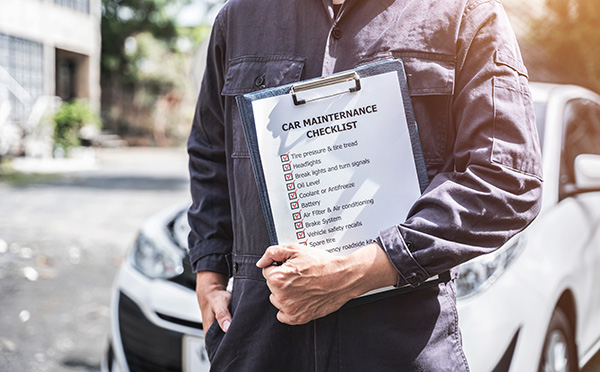
So, you've just purchased a used car—congratulations! Now, as excited as you may be to hit the road, there's one crucial step you shouldn't overlook: maintenance. Even if the car appears to be in great condition, taking the time to perform some essential maintenance can save you from unexpected breakdowns and costly repairs down the road. But where do you start? These are the key maintenance steps you should take after buying a used car to ensure it stays in top shape. Check and Change the Fluids One of the first things you should do after purchasing a used car is to check and, if necessary, change all the essential fluids. This includes engine oil, transmission fluid, coolant, brake fluid, and power steering fluid. While the previous owner may have kept up with regular maintenance, it's best to start with a clean slate to ensure everything is up to your standards. Start with the engine oil. If it looks dark or dirty, it's time for an oil c ... read more